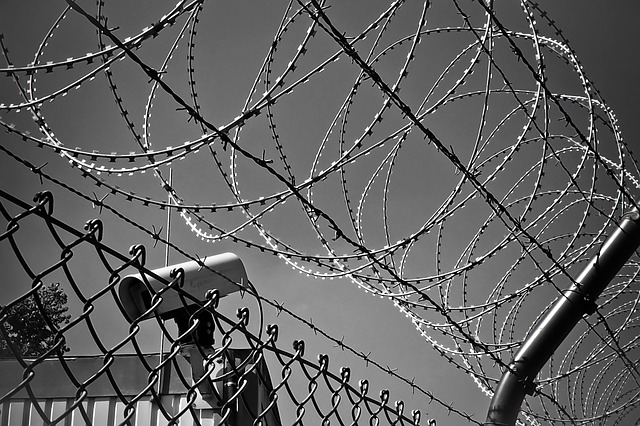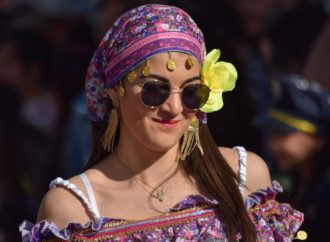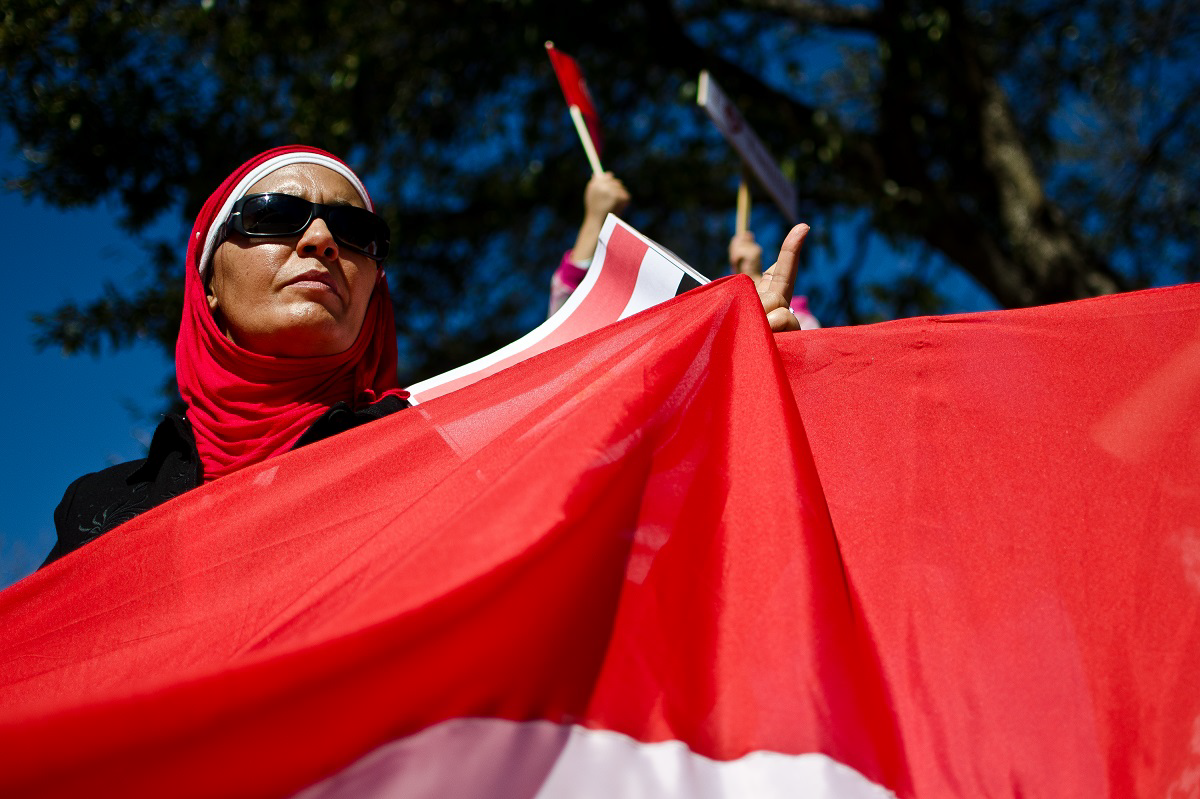POLITHEOR
European Policy Network
human rights
- Home
- human rights

Realpolitik still determines EU responses to Rule of Law threats. Here is why.0
- EU Governance and Politics, Op-ed
- 17/07/2017
A decisive action against Poland and Hungary for violating the Rule of Law has been vocally called by many in Brussels and beyond. However, EU Institutions have failed to take effective action against their infants terribles so far. This can be explained by Member States’ reluctance to accept EU intrusion in national constitutional matters and by the Commission’s unwillingness to create tensions with national public opinions.
READ MORE
Good practices on disability rights: no more stones on the road0
- Human Rights and Migration, Op-ed
- 21/03/2017
Nowadays, according to the assessment of the European Disability Forum, about 80 million Europeans have a disability. One in four Europeans has a family member with a disability. Six Europeans out of ten know someone, who has a disability. Thus, the protection of vulnerable people requires urgent attention.
READ MORE
The need for a new security discourse0
- International Relations and Global Affairs, Op-ed
- 08/03/2017
European countries are having a hard time addressing all the security threats they face. Radicalization is one particular challenge, where a dominant community within society feels menaced by a smaller group. The problem nowadays is that European counterterrorism measures ignore societal needs, enabling the rise of racist policies. Trump’s so called Muslim ban is only one recent example.
READ MORE

Europe’s ‘Other’ Refugees: Denying asylum to the continent’s most persecuted minority0
- Human Rights and Migration, Op-ed
- 30/01/2017
The European Commission plans to establish a common list of ‘safe countries of origin’ (SCO) across EU Member States in a bid to deal more efficiently with asylum claims from nationals of countries where persecution is deemed unlikely.
READ MORE
Women trafficking and the US’s worrisome silence0
- Human Rights and Migration, Op-ed
- 06/12/2016
“Trafficking? Here? In the United States?” I fear this would summarize the majority’s response. While human trafficking is well-known around the world, the United States is falling behind in awareness and lacks a unified approach towards its prevention. Strong commitments do exist at the community level, but these tend to function independently or have little financial support –a reflection of missing systematic plans to stop human trafficking within US borders altogether.
READ MORE
Women in Tunisia: A democratic façade or a civil society’s struggle?0
In the last couple of years, women’s rights have improved in the Middle East and North African Region, especially in terms of freedom and participation. After the Arab Spring, the representation of women in Parliamentary Assemblies has increased in almost all countries of the region. In Tunisia, women have played a major role in the uprisings to stand for their rights, and then voted en masse in the elections of 2011 and 2014. However, the efforts put in the revolts only led to political promises, rather than reality.
READ MORE






